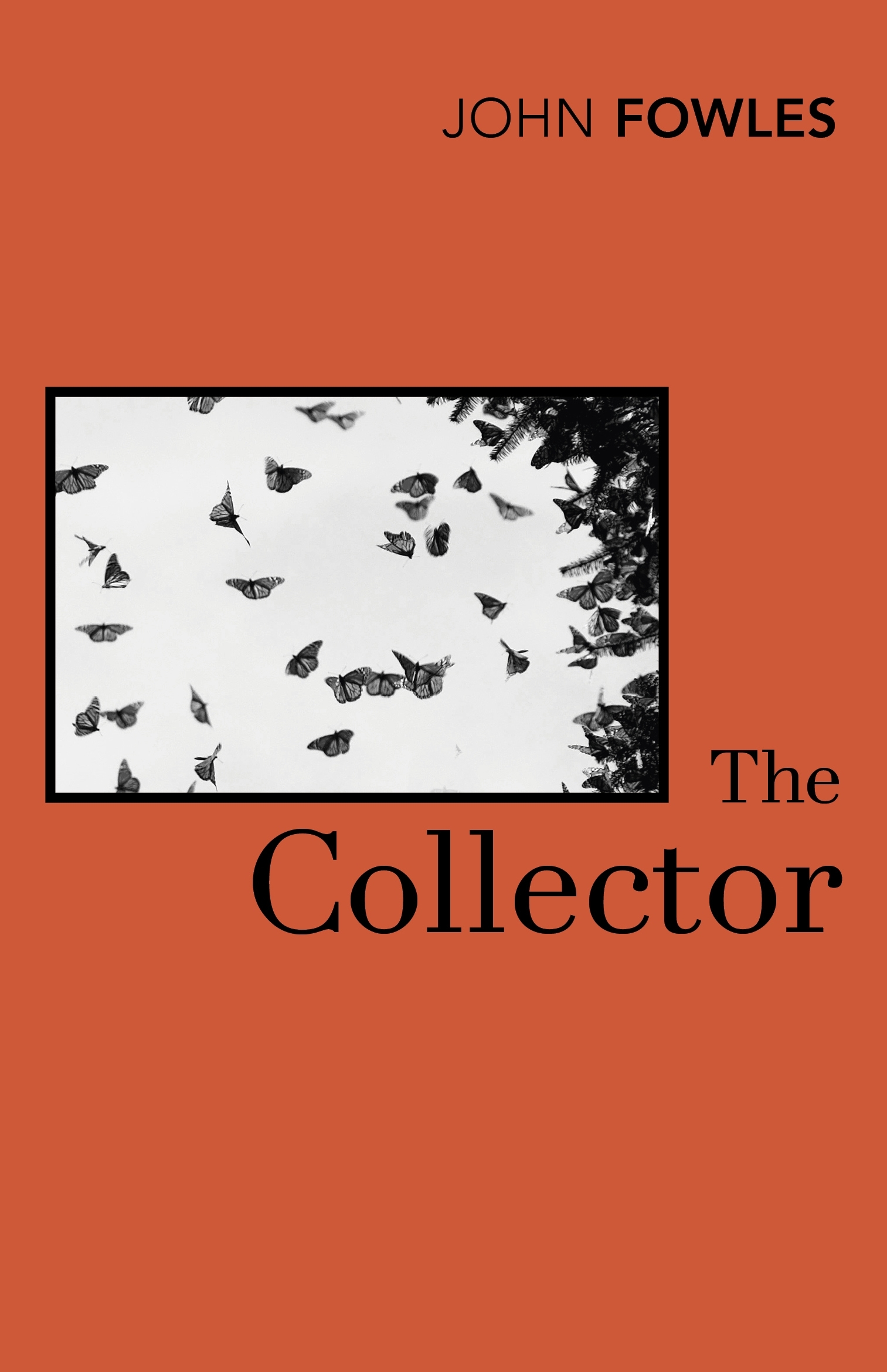

He wants to look at them and collect them, but not understand them. Clegg admires the "essence" of Miranda and of the butterflies. Clegg admires both her and the butterflies from afar, and in each case traps what he admires - killing the butterflies and arranging them together, and locking Miranda in her basement cell. How is Miranda similar to the butterflies Clegg has collected, and how is she different? Think about how these similarities and differences inform Clegg's view of Miranda.Īnswer: Miranda is beautiful and can be captured, just like Clegg's butterflies. His anger about the class differences between himself and Miranda partly informs his treatment of her: he simultaneously spoils her with everything money can buy and hates her sense of superiority. He constantly feels belittled by Miranda and by the wider world. On his end, Clegg believes that he is never good enough, despite his new-found wealth, to belong to the upper class.

She views Clegg as beneath her, as constantly in need of education. The main results of her class privileges are her fine appreciation of art and her inability to fathom Clegg's indifference to art. Her father is a doctor and she attended the prestigious Slade School of Art after going to a well-regarded high school. What role does class play in the novel? How do the class differences between Miranda and Clegg prevent them from seeing eye to eye?Īnswer: Miranda is well-educated.


 0 kommentar(er)
0 kommentar(er)
